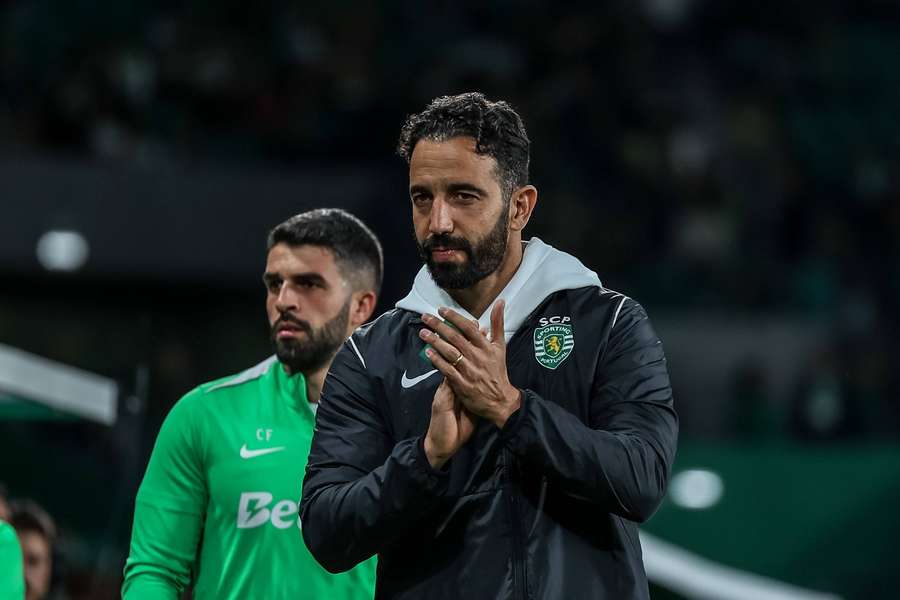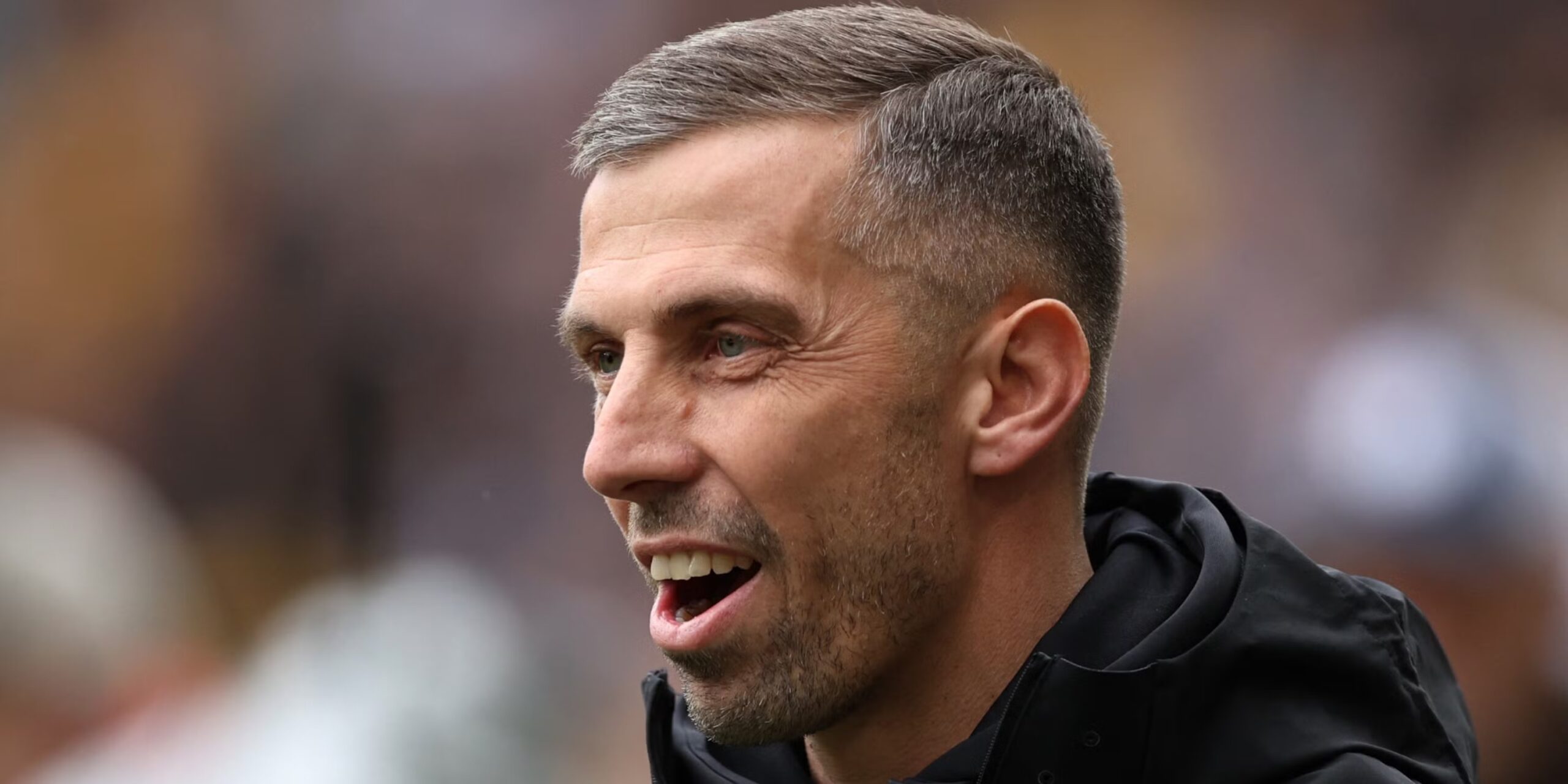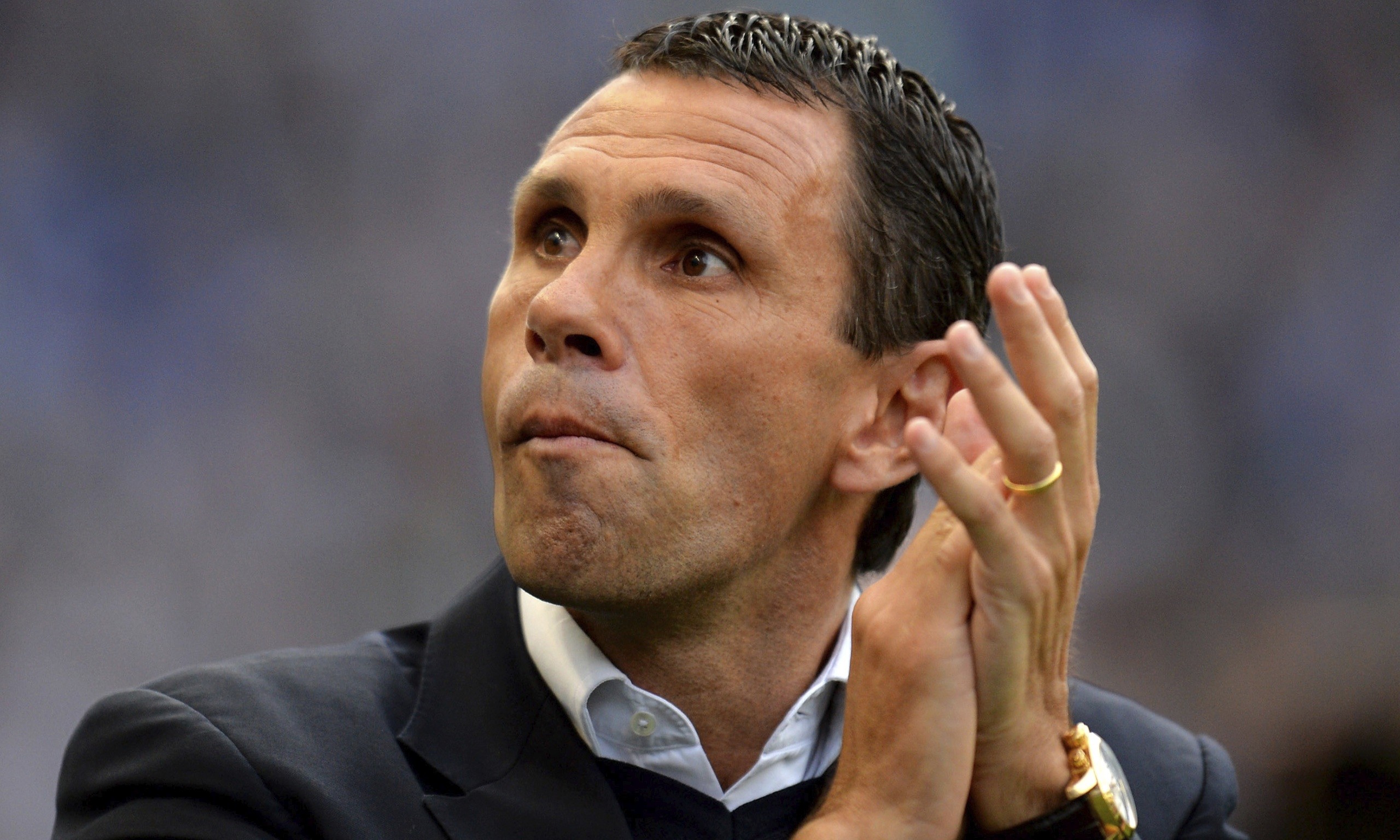
Introduction
Ruben Amorim has emerged as one of the most promising young managers in European football, making headlines for his successful tenure at Sporting CP. His innovative tactics and strong leadership qualities have played a crucial role in Sporting’s recent successes, notably their 2020-21 Primeira Liga title, ending a 19-year trophy drought for the club. As football continues to evolve, the significance of capable management has never been more paramount, making Amorim a figure of increasing interest.
Amorim’s Career Journey
Originally a professional footballer, Ruben Amorim had a career as a midfielder, playing for clubs such as Braga and Benfica. His transition to management began with Braga, where he was appointed head coach in 2020. Here, Amorim showcased his tactical acumen, guiding the team to notable victories and earning recognition in the Primeira Liga. However, it was his appointment as the head coach of Sporting CP that marked a pivotal point in his career. Amorim took over in March 2020 and rapidly instilled a winning mentality within the squad.
Achievements at Sporting CP
Under Amorim’s leadership, Sporting CP flourished. His first full season in charge culminated in the club clinching the Primeira Liga title, which was not only a tremendous achievement but also a testament to his strategic prowess. In the process, Sporting ended the hegemony of their rivals Porto and Benfica, showcasing that a new era of competitiveness is emerging in Portuguese football. This success was not merely a result of tactical changes but also a transformation of player morale and performance, with players like Pedro Gonçalves and Gonçalo Inácio thriving under his guidance.
His Tactical Philosophy
Amorim is known for his adaptable tactical system, often employing a flexible 3-4-3 formation that can seamlessly shift into 4-3-3 depending on the match situation. His emphasis on pressing, ball retention, and quick transitions has modernised Sporting’s style of play, making them an exciting team to follow. Scout reports suggest that his approach is deeply influenced by his time spent under the tutelage of renowned coaches, enabling him to blend various tactical styles effectively.
Conclusion
As Ruben Amorim continues to establish himself as a leading figure in football management, the future looks bright not just for him, but for Sporting CP as well. His ability to cultivate young talent and implement a cohesive playing strategy positions him as one of the key managerial figures to watch in the coming seasons. With growing interest in his strategies and achievements, Amorim’s journey will undoubtedly inspire a new generation of football managers seeking to make their mark in the competitive world of professional football.
You may also like

Michael Carrick: The Rise of a New Manager in Football

Wolves Manager: A Look at Recent Changes and Future Prospects

Gus Poyet’s Coaching Journey and Future Prospects
SEARCH
LAST NEWS
- Remembering Wendy Richard: The Promise to Co-Star Natalie Cassidy
- How Did Anglian Water Achieve an ‘Essentials’ Rating for Mental Health Accessibility?
- Shai Hope Leads West Indies in T20 World Cup Clash Against South Africa
- What We Know About Weston McKennie: Future at Juventus and Past at Leeds
- What We Know About the Upcoming Live Nation Antitrust Trial